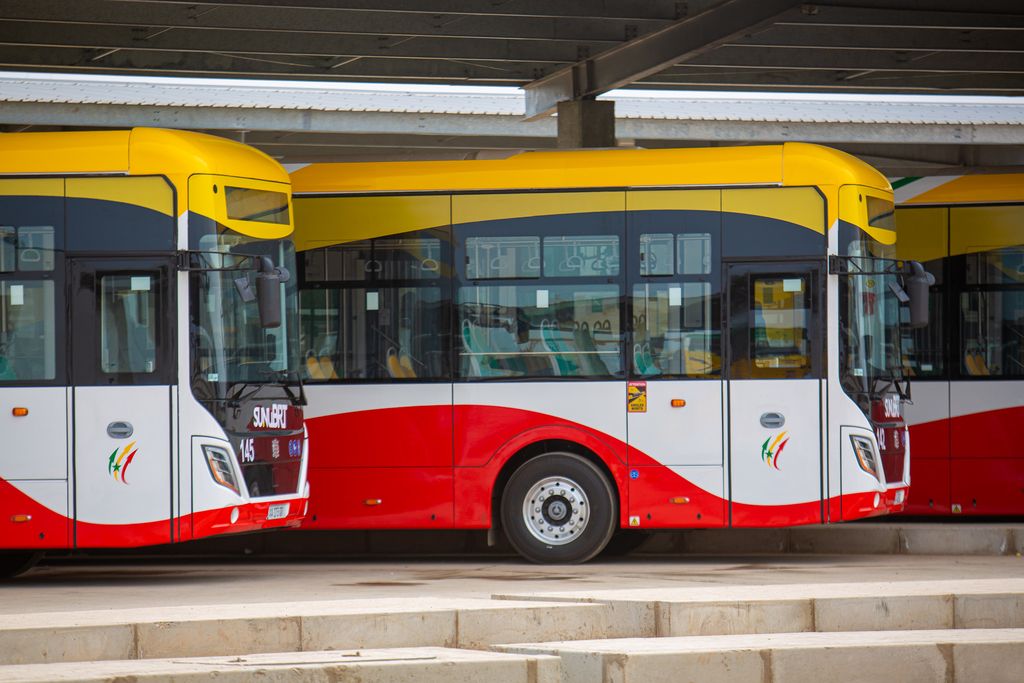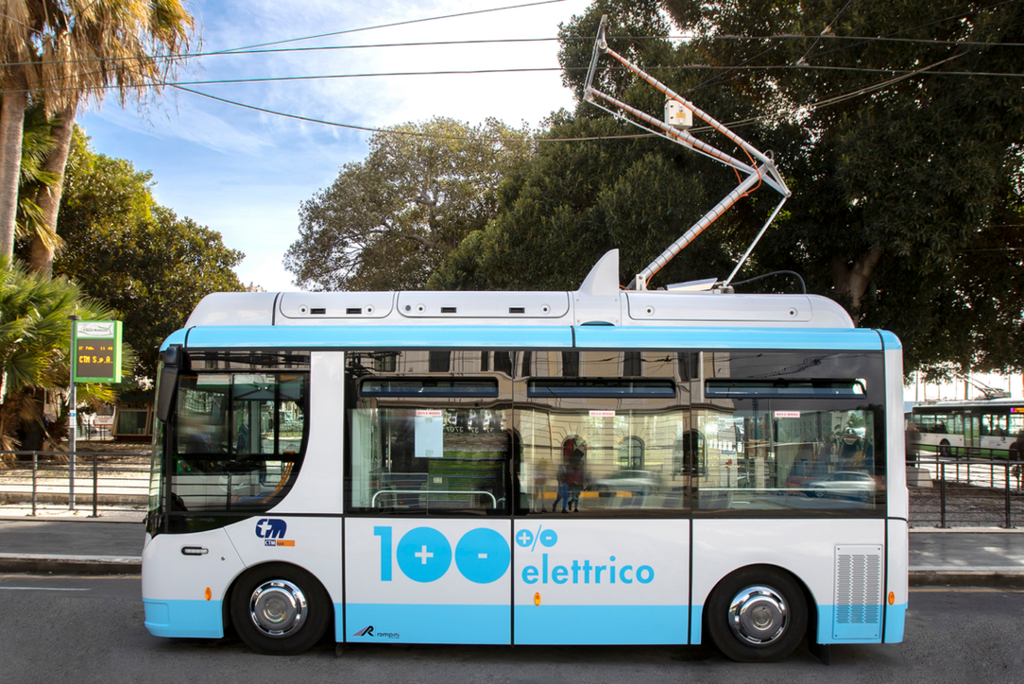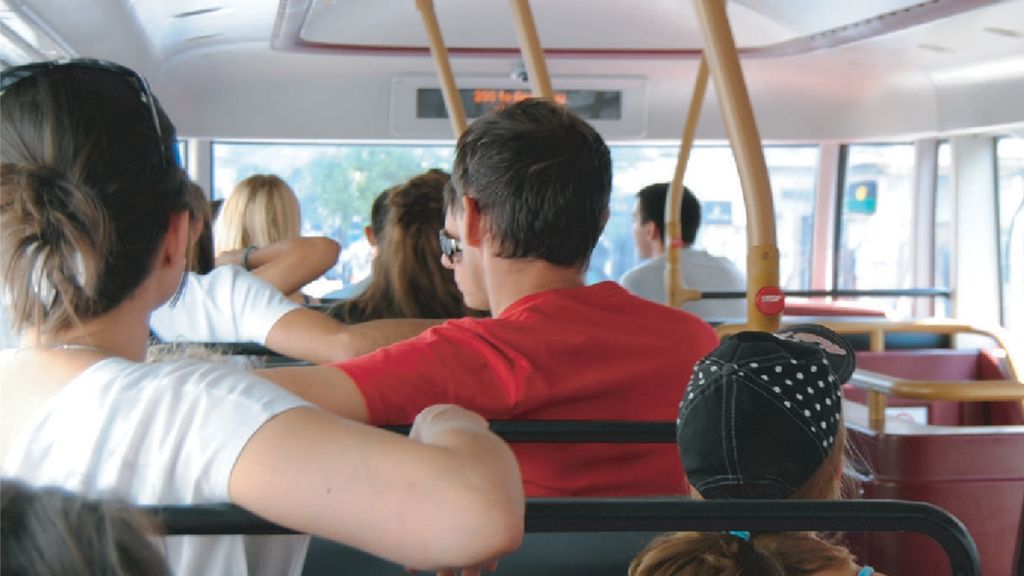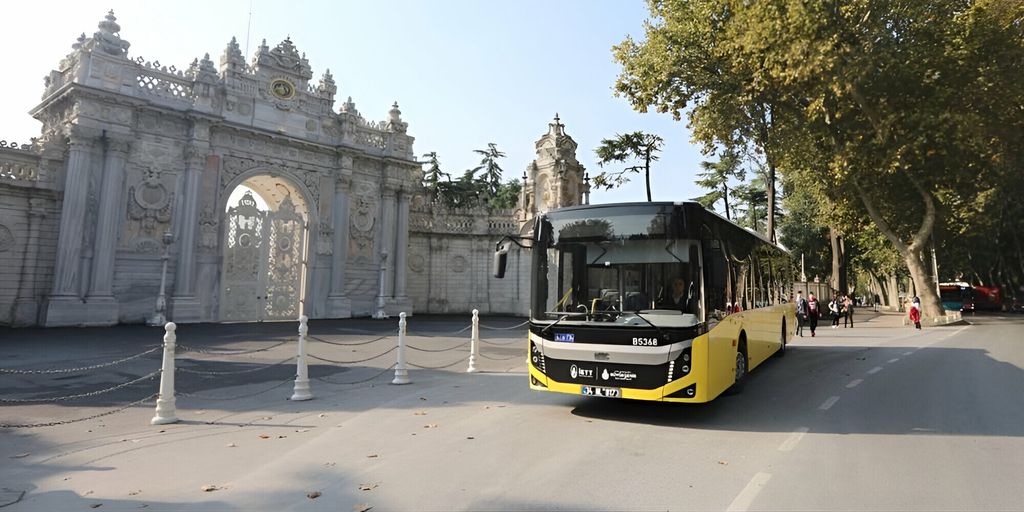
The Biomotive project paved the way to a more sustainable transport sector
Biomotive took a different approach to sustainability
The commitment of businesses, authorities and individuals to fight climate change and sustainability seems stronger than ever before, and more and more companies are seeking to contribute to a greener, more sustainable way of doing business.
Enter Biomotive. Since 2017, UITP is a partner in this EU-project, which set out to produce more bio-degradable vehicle parts attempting to improve the overall sustainability of the transport sector. On 29 November 2021, the project concluded with a Final Event in Brussels.
The project developed bio-based automotive parts to replace fossil resource materials
Biomotive aimed to pave the way towards the production and market penetration of bio-based automotive interior parts such as door handles and car seats, with the aim of replacing fossil-based, non-biodegradable counterparts. During the project, advanced bio-based materials with were produced from renewable biomass feedstock.
From the environmental side, Biomotive aimed to reduce primary energy consumption and greenhouse gas (GHG) emissions of the developed processes.
Biomotive has accomplished its sustainability mission: the project has stimulated the penetration of eco-friendly materials in a broad range of applications, with materials derived from plants, wood and natural oils ready to replace incumbent materials based on fossil resources. The project achieved at least 70% bio content in the developed materials and in some cases up to 100%. This will, in turn, reduce CO2 emissions and stimulate the adoption of composting as an end-of-life treatment option for durable goods, such as automotive vehicles.
The use of bio-materials in production processes is recognised as being one of the enablers for the reduction of pollutants and GHG emissions in the automotive industry. It is essential to have projects such as Biomotive looking at the different aspects of this shift in the public transport sector such as market acceptance, perceived benefits, and potential barriers. The project contributed significantly to our insights on circularity and life cycle assessments in public transport vehicles.
UITP represented the voice of the public transport sector
To check if materials developed within Biomotive were in line with the real needs of the public transport sector, UITP led an external Stakeholders Group. Gathering mainly industries and transport research and technology organisations, the Stakeholders Group provided essential input about the possible benefits and barriers of integrating bio-based materials into the sector.
So, what were some of the key take-aways?
- The use of the biobased materials developed in Biomotive could significantly reduce the public transport vehicles total carbon footprint;
- Moreover, improving end-of-life principles of public transport vehicles are becoming increasingly important for public transport service providers. In this sense, the use of biobased materials will contribute to the circularity and life cycle assessment of the public transport industry in a positive way;
- From public transport authorities’ and operators’ point of view, CO2 reductions and circular economy principles are more and becoming key when planning public transport operations. So, a new regulatory framework could facilitate market uptake;
- Also, Biomotive materials could contribute to a better design of vehicles, for example in terms of weight. This will lead to a higher appreciation of the vehicles by passengers;
- One of the main barriers for the integration of bio-based products into the market is the costs: they are much higher than the materials currently used for the public transport manufacturing industry;
- Another barrier was the fact that there are no current obligatory standards for the use of biobased materials developed in the public transport sector.
UITP wants to thank its bus manufacturer members who provided a sounding board through their involvement in the Biomotive Stakeholder group: Daimler, VDL Bus & Coach, Iziar e-mobility, Ursus buses, tribus and the Bus OEMs from Turkey : Karsan, Bozankaya, Otokar, Temsa Global and Isuzu, and national rail operator company Renfe.
Curious to read more about public transport’s take on materials developed within Biomotive? Here you can find the draft report.
exclusive resources










